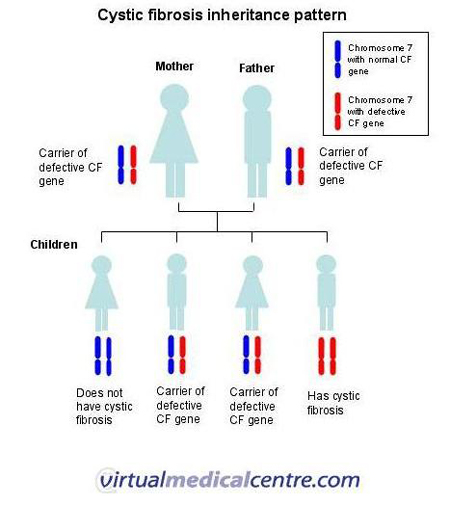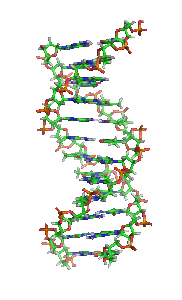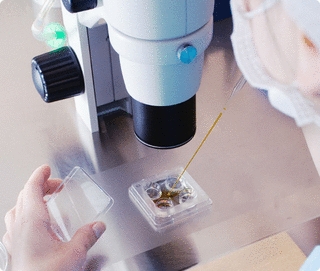Genetic information is known to be 'private' information because there is serious societal concern that stigmatization followed by discrimination may occur against individuals right to decide about testing and control of information may be challenged when considering the duties and responsibilities. To have testing set on an individual without approval would be unacceptable, even in the context of a family situation. Carriers are unaffected and stay unaffected. However, if one is a carrier for a genetic condition that may effext one's offspring, they may have negative impact. Although, about 46% carriers were "worried" after receiving the results. The majority were "indifferent" eight years later of the knowledge being a carrier. The effect of a genetic screening program is to make the importance of taking preventive actions to avoid that risk. People may regard an adverse outcome as controllable. In January 13, 2009 from the reports CBS station KCBS-TV, British researchers say that they have found a way to stop one of the deadliest forms of breast cancer from being assd down from mother to daughter by using genetic testing. They do it from screening cells froman embryo, which is called pre-implantation genetic diagnosis, or PGD. The parents of the baby use in vitro fertilization to create embryos. A laser is then used to select a single cell to test and only the embryos without the breast-ovarian cancer gene were implanted. Dr. irair Konanaialian says, "We can apply the same technology to so many other genetic diseases. " Also, new genetic technologies open up the possibility of predictive screening, both for individual genetic risk factors for exposure to workplace hazards and for late onset hereditary disease. The roles of the occupational health proffesional will not only involve the contextual interpretation of genetic test results, but also the infinite associated ethical and more questions. |     |